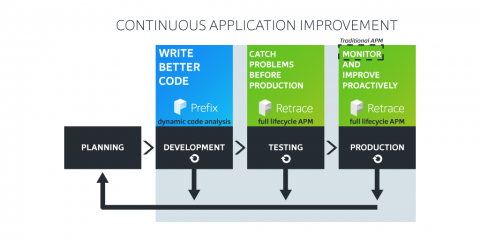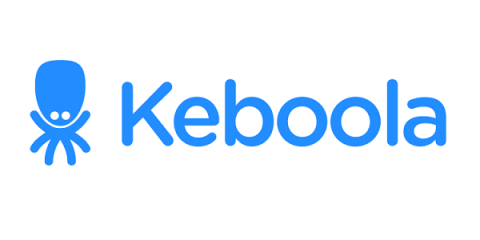Introducing Notifications API to Automate Notification Settings Across Projects
At Rollbar we love workflow automation. With our new Notifications API, you can automate setting up of custom notification rules for all your Rollbar projects. As more of our customers switch to microservices, we wanted to build a programmatic way to set up these rules for multiple projects or services in just a few seconds, without having to go to the UI.











